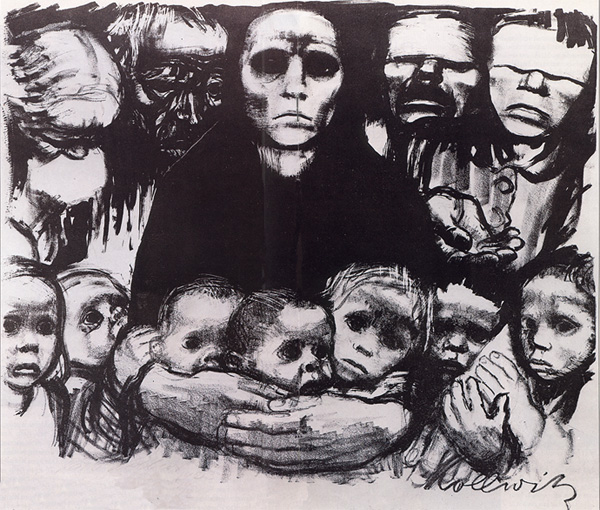This is a very frank and detailed US State Department assessment of the political, social, and economic conflicts that precipitated the bloody Salvadoran Civil War of the 1980s. The report addresses the drastic inequality created by the nation’s feudal economic system and devotes particular attention to the role of right wing paramilitary violence in further undermining the relationship between the people and the state. The document is unique among US diplomatic reports of this era for the forthright manner in which it addresses the brutal injustices occurring under military rule in El Salvador, and it stands as an example of that short period in US foreign policy in which human rights issues in Central America were pursued with some of the same determination previously reserved for the ongoing struggle against communism in the Western Hemisphere.
The report was written by US ambassador Robert E. White, a career diplomat appointed by President Jimmy Carter. There are a number of villains in the literature of US State Department affairs in the Cold War, but Robert White is not one of them. As ambassador to Paraguay from 1977 to 1980 and El Salvador from 1980 to 1981, Ambassador White was at the forefront of the Carter Administration’s campaign to address the widespread human rights abuses committed by US-supported military dictatorships in the Western Hemisphere. The candor and depth of this document stand in stark contrast to the duplicity and willful ignorance that characterize US diplomatic reporting from El Salvador during the years of the Reagan Administration.
This report is also unique in that it does not assume that the struggle against communism outweighs all other priorities in US foreign policy. The report recognizes that US support for autocratic military regimes had undermined democracy in the Western Hemisphere and led to widespread injustice and a level of violent social conflict that even the most sadistic forms of repression could not eliminate. The amoral realpolitik of the Kissinger years brought short-term stability to the region while making the likelihood of a continent-wide political catastrophe increasingly inevitable in the long term. This was the diabolical bargain that the United States and its allies in the Western Hemisphere adhered to throughout most of the Cold War, and it is disturbing to note how much this same moral calculus permeates US foreign policy today.


